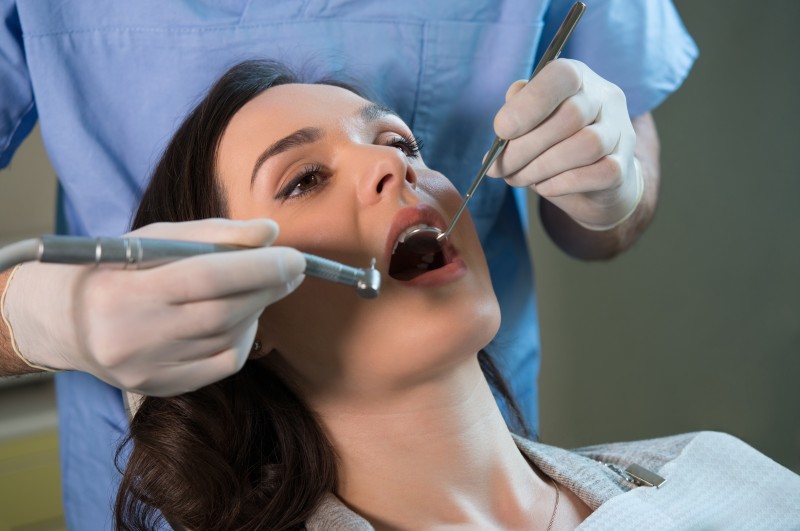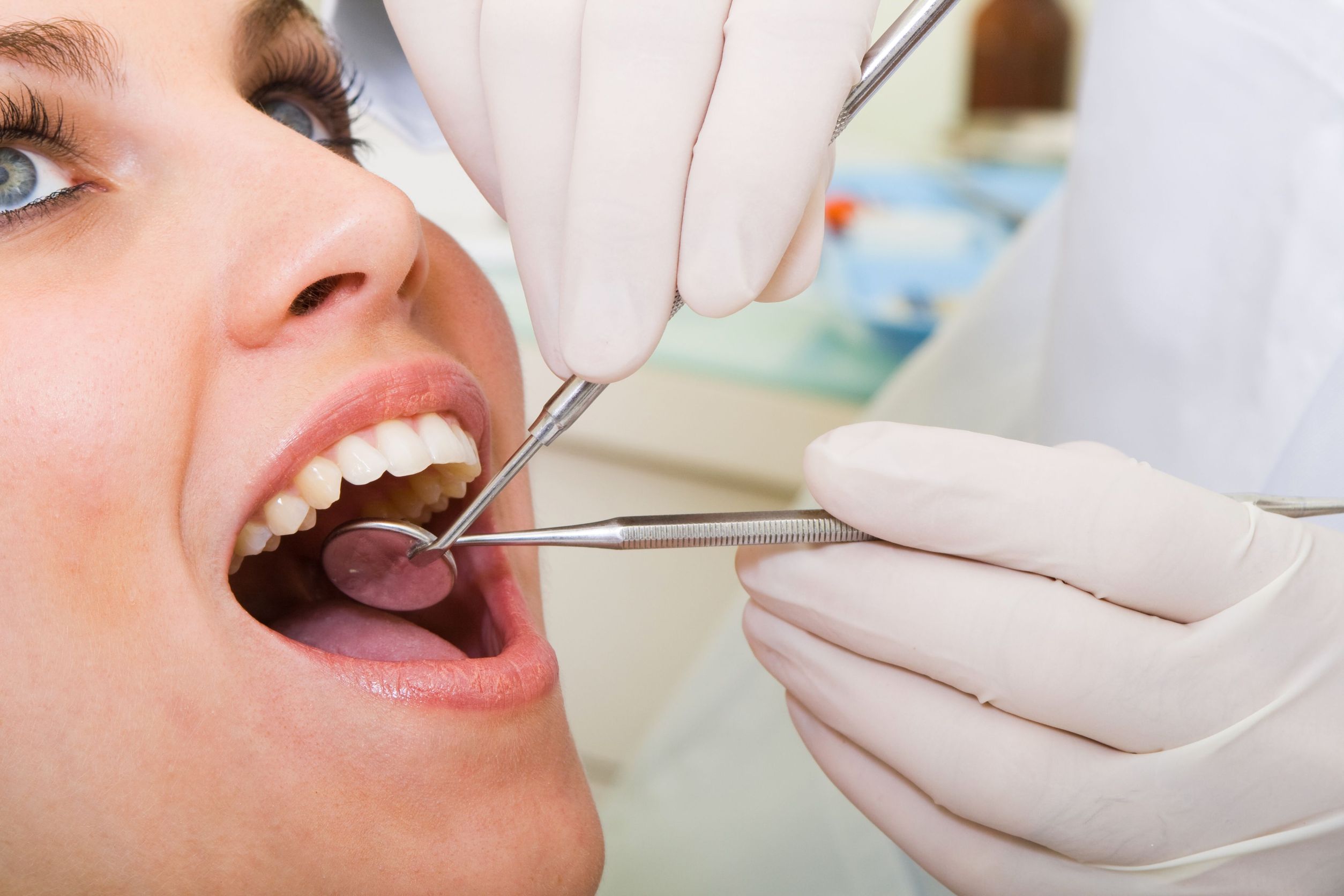Given enough cleaning and regular trips to the dentist office and a person’s teeth should last their whole life. Unfortunately, there are a number of things that can affect the health of the teeth and demand the help of expert dentistry in Providence RI. For instance, the patient may have developed a cavity or may have an impacted wisdom tooth. Both of these situations can be painful and both of them require specific steps to remedy them. That is, the cavity will need to be drilled enough so that all the decayed dentin is removed and then filled with a durable material. In the case of an impacted wisdom tooth, the dentist may need to eliminate any infection before attempting to remove it because some minor surgery may be required.
The dental office isn’t just for repairing teeth. Many of the more modern dental processes are designed to improve the appearance of the teeth. For example, the use of peroxide for whitening them or the application of veneers to cover less serious issues. In fact, superior Dentistry in Providence RI can repair or cover almost any concern, even the loss of one or more teeth. This particular feat is handled with the application of dental implants. That is, the dentist will insert an inert material into the jawbone which is used as a false root. Once the wound has healed, the stud or anchor can be covered with a crown, typically made from porcelain or other durable material.
One concern that many patients have is a deep set fear of dental offices, their procedures or the needles used to deliver anesthetics. This can create a terrible situation since most people with this fear of dentist rarely enter a dentist’s office. This means that little work is done to preserve the teeth and most problems are so advanced that additional work such as a root canal is usually required. A trained and experienced dentist can handle patient anxiety issues with one or more sedation techniques. The most common is laughing gas. Combine that with a topical anesthetic and the procedure is generally much more tolerable. For those with severe reactions, the use of a sedative or IV (Intravenous) drip may be required.


